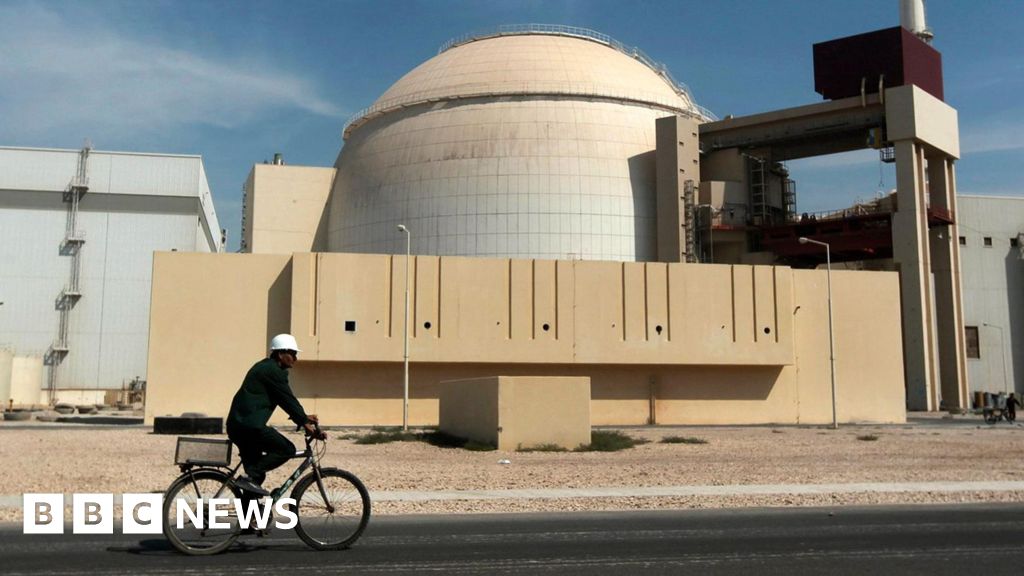Iran-US Nuclear Talks: Latest News Update and Developments
As the talks continue, the international community waits with bated breath for a resolution to the ongoing tensions between Iran and the US. The fate of Iran's nuclear program and the future of the region hang in the balance, with the potential for a new agreement or further escalation. The US and Iran must navigate their differences and find common ground to avoid a catastrophic conflict.

Iran and US delegations are engaged in talks in Oman's capital Muscat to discuss Iran's nuclear program, with Iran's Foreign Minister Abbas Araghchi and US Special Envoy Steve Witkoff leading their respective delegations. The talks aim to address the ongoing sanctions imposed by the US, which have significantly impacted daily life for Iranians, and Iran's insistence that it is not seeking nuclear weapons.
The US has threatened military action if a deal is not reached, while Iran has continued to enrich uranium, raising concerns among the US and Israel about the potential development of nuclear weapons. The 2015 agreement that limited Iran's nuclear activities in exchange for sanctions relief was pulled out of by the US, leading to increased tensions between the two countries. Iran maintains that its nuclear program is for civilian purposes, but the International Atomic Energy Agency (IAEA) and many countries remain unconvinced.
The US is seeking a new deal that would dismantle Iran's nuclear program, while Israel wants Iran to eliminate its nuclear program entirely. The talks in Oman are an attempt to reach a new agreement, with President Donald Trump sending a letter to Iranian Supreme Leader Ali Khamenei proposing negotiations. The US has imposed sanctions on Iran and has launched airstrikes on Iranian-backed Houthis in Yemen, while also giving Iran a two-month deadline to reach an agreement.
For the talks to succeed, the US must pursue attainable aims rather than expecting outright capitulation from Tehran. Iranian officials believe that surrendering to maximalist demands is more dangerous than suffering from US sanctions. The parties should focus on clarifying the format of engagement and outlining the broad scope of the endgame, with restrictions and transparency being a more effective approach than demanding the complete dismantling of Iran's nuclear infrastructure.
The outcome of the talks remains uncertain, but a temporary suspension of maximum pressure sanctions in exchange for Iran suspending uranium enrichment could pave the way for direct high-level diplomacy, including a presidential-level meeting between Trump and Iranian President Masoud Pezeshkian. The success of the talks will depend on the ability of both sides to come to terms with each other's approaches to negotiations and to find a mutually acceptable solution.